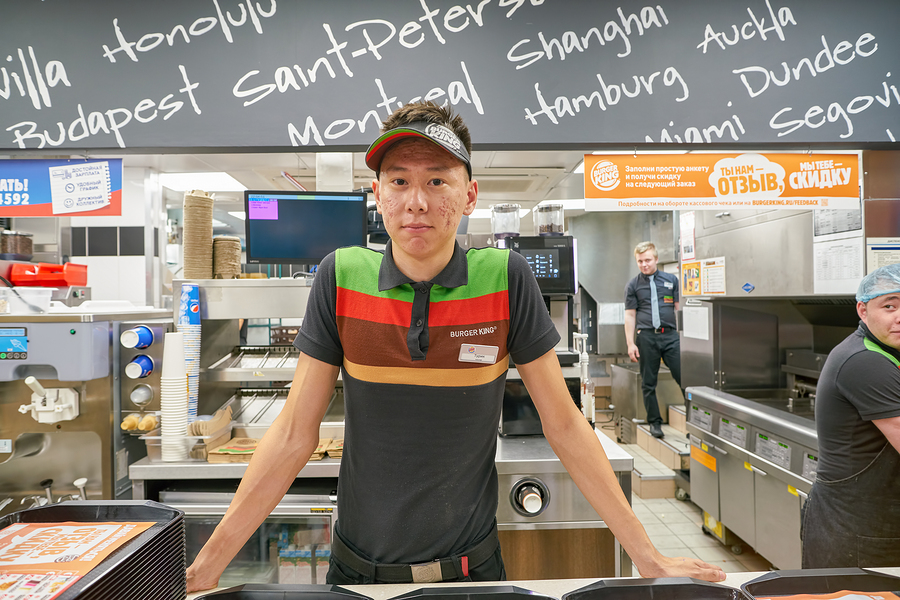Large restaurant chains employ workers of all ages, from students to experienced workers. Even if the task might seem repetitive, working in restaurants such as Saint-Hubert, A&W or McDonald’s has real benefits.
Flexibility and mobility
Due to the long opening hours and hiring of young students, the large chains have developed a good culture of flexibility with regard to working hours. They can help students during their terms and give them more hours in the summer.
Part-time work is therefore valued and mobility is facilitated: it is possible to work in several establishments of the same franchisee, or even the chain, without having the worries that would come from managing two or three jobs.
Strength of numbers
Saint-Hubert Rotisseries, with nearly 10,000 employees in Quebec, and McDonald’s, with 85,000 across Canada, can offer an interesting overall compensation with social benefits that attract young and not-so-young workers. “In addition, these chains have the ability to offer a similar experience to all their workers, wherever they are,” explains David Lefebvre, vice-president of federal and Quebec affairs at Restaurants Canada, the national association that represents the industry and covers 32,000 members across the country. With each having a large number of franchisees, the restaurant chains represent the majority of members. However, there are positions that do not exist and are found in the independent restaurants, such as those related to culinary creation or wine service, for example.
Large structured organizations
These very large organizations also offer proven training activities that can favour a rapid rise in the company or even serve as a springboard to other jobs in the industry. It is not uncommon to see a position offered with responsibilities and team management at a young age.
In addition, since they are also real companies, they offer opportunities for promotion that can be very interesting. “I know people who started out as a cashier or cook and now work in the marketing or accounting department,” says David Lefebvre. The famous “Can I take your order” can go a long way!
